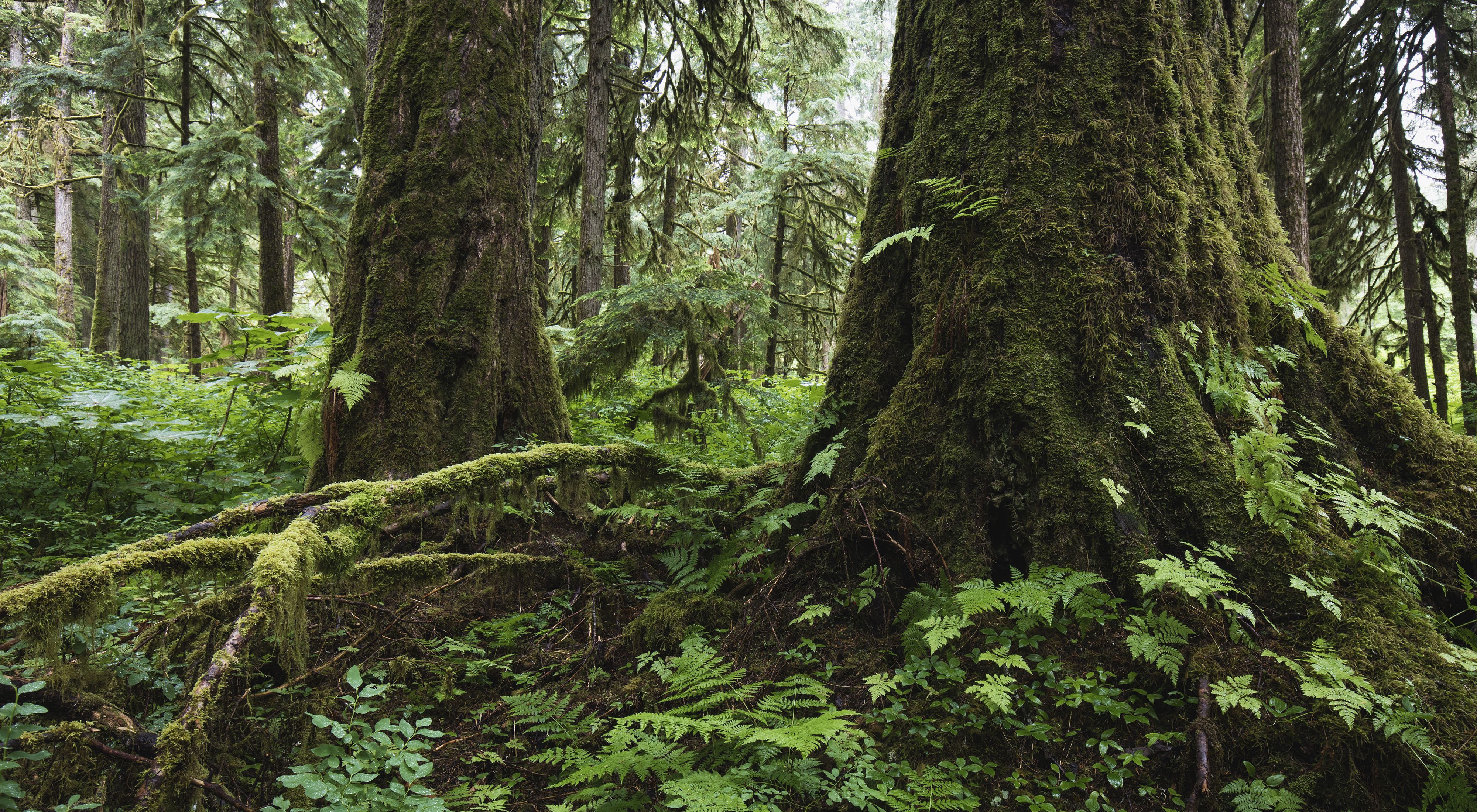Media Contacts
-
Amy Miller
Media Contact
The Nature Conservancy in Alaska
Phone: 907.229.3524
Email: amy.l.miller@tnc.org
The Nature Conservancy in Alaska applauds today’s announcement by the U.S. Forest Service that the 2001 Roadless Rule in the Tongass National Forest will be reinstated.
“We are celebrating today because this decision reflects the desires of the vast majority of communities and tribes in Southeast,” said Ivy Spohnholz, Director of The Nature Conservancy in Alaska. “Many in the region have worked hard for more than a decade to set aside past conflicts over the role of the timber industry in the region and identify shared priorities for a more sustainable future.”
For more than two decades, the back-and-forth between industry and environmentalists over the Roadless Rule has too often sidelined Indigenous peoples with deep cultural ties to the Tongass.
Today, tribes, Alaska Native corporations, conservation groups like The Nature Conservancy (TNC), economic development organizations, the U.S. Forest Service, private businesses and many others are creating a resilient regional economy that will stabilize communities battered by the disruptive boom-and-bust economic cycles that have dominated Southeast Alaska for the past 150 years. This critical work transcends the flip flopping on the Roadless Rule that occurs every time a new U.S. president takes office and allows communities in Southeast Alaska move past the deep divisions this cycle has created.
Examples of TNC’s involvement in locally led restoration and economic development includes our role in the Keex’ Kwaan Community Forest Partnership (KKCFP) in Kake, Alaska. The partnership brings Native corporations, the local tribe, community partners and federal landowners together to create a landscape-scale management plan for lands adjacent to Kake that residents rely on for food and cultural resources.
“In the past, different management plans for lands divided by nothing more than a line on a map made it hard to achieve the truly transformational land management sought by communities,” said Spohnholz.
TNC is also a founding donor to the Seacoast Trust, which will provide stable, predictable funding for the Sustainable Southeast Partnership (SSP). The partnership serves as a powerful network sharing knowledge and resources across Southeast Alaska to help enable more projects like the community forest partnership in Kake.
“The Seacoast Trust and the SSP are supporting Southeast communities as they transition to stable, sustainable and regenerative economies founded on local priorities and leadership,” Spohnholz said. “This is the kind of collaborative, Indigenous-led work TNC seeks to support worldwide, and we are uniquely positioned in Alaska to live out our organization’s values in the way we interact with and work alongside our neighbors,” Spohnholz added.
The Nature Conservancy is a global conservation organization dedicated to conserving the lands and waters on which all life depends. Guided by science, we create innovative, on-the-ground solutions to our world’s toughest challenges so that nature and people can thrive together. We are tackling climate change, conserving lands, waters and oceans at an unprecedented scale, providing food and water sustainably and helping make cities more sustainable. The Nature Conservancy is working to make a lasting difference around the world in 81 countries and territories (40 by direct conservation impact and 41 through partners) through a collaborative approach that engages local communities, governments, the private sector, and other partners. To learn more, visit nature.org or follow @nature_press on X.
